This week, we speak with author, public speaker, Harvard-trained addictions specialist, medical doctor, and behavioural science expert, Dr. Shimi Kang. In the episode, Dr. Kang tells host Tracy Giesz-Ramsay about her latest book, The Tech Solution, where she advocates that children are taught to be more mindful of their social media and device use (favouring connection with friends over mindless scrolling). She also explains the neuroscience behind habit formation (What does dopamine actually do?) and how, even though we know what we all need to be happier and healthier (read: community, outdoor play, healthy food, and breath awareness) we can implement these as daily habits in our lives.
Today’s episode features Miriam Kemi Havelin, a professional researcher, strategist, and designer. Havelin is currently completing her master's degree at OCAD University in Toronto, Canada, focusing on strategic foresight and innovation. Her work explores the difference between disinformation and misinformation online.
Today, we speak with award-winning reporter Ian Young of the South China Morning Post. A journalist for more than 20 years, Young covered the 1997 handover of Hong Kong and won or shared awards for excellence in investigative reporting and human rights reporting. He also received the HK News Awards 'Scoop of the Year.' Today, Young is the Post's Vancouver correspondent currently covering the Meng Wanzhou extradition hearings between the US and Canada.
Dr. Rahim Mohamed is a visiting assistant professor of international studies at Centre College in Kentucky, USA. In this episode, he explains key differences between US and Canadian politics, the importance of de-centralizing the United States by focusing on comparative politics, and the impact of Senator Mitch McConnell, who hails from Kentucky. Dr. Mohamed talks about teaching during a pandemic, the mental health of his students, and touches on addiction, health, and economics in the Appalachian region.
For the first episode of season two, we speak with Michael Uy, co-owner of Oakwyn Realty in Vancouver, Canada. Michael began his career as a realtor, became a business owner, and today has a popular blog and podcast discussing both entrepreneurship and the real estate market in Vancouver. In this episode, he explains what propelled him to launch his own brokerage, why the company's mandate of "work hard, stay humble" goes deeper than mere rhetoric, why he believes it's important to listen to more than one perspective before making decisions, and how he approaches challenges—whether those are rejected proposals or interpersonal conflict.
Joel Bakan is an author, filmmaker, and law professor at the University of British Columbia. In the season finale of the Capture Queue podcast, Joel and Tracy discuss both his new book and recent documentary, The New Corporation.
In today's episode, we speak with David Gunawan, owner of Ubuntu Canteen in Vancouver. As an award-winning chef, Gunawan helped transform Vancouver's culinary scene by bringing an ecological mindset to the forefront of fine dining.
This episode, we speak with Kevin Westell, founding partner at Pender Litigation. In this episode we talk about the other side of criminal law: why those in his professions do what they do. We discuss at length the intersection of mental health, race, poverty, trauma and criminality, and the importance of representation for everyone.
For the 9th episode of the Capture Queue podcast, we speak with Josh Murphy MA, Police Researcher and Professor in the Criminology department at Kwantlen Polytechnic University. He joins us to discuss the realities of policing today, how to properly address mental health in the DTES, the push for police reform and the #DefundTheVPD movement, the difference between street checks and carding, and the responsibility of media when covering issues of race and policing.
This week we speak to Jillian Sheridan, co-founder of Legends Haul Supply Co., a Vancouver company dispatching produce and meat from small, biodiverse farms to local restaurants—and delivering sustainably-sourced pantry items to households city-wide. We speak about what it takes to start a businesses from the ground up and the shifting landscape of the marketplace in such an unpredictable year.
Viranlly Liemena is a professional culinary and menswear photographer, social media and marketing strategist, and Vancouver lifestyle celebrity. He also holds a B.A.Sc. from the University of British Columbia in Chemical Engineering—but life had other plans for the exceedingly talented creator.
Mo Amir is the host of This is Vancolour, a podcast about Canadian culture and politics, as well as a columnist with the Daily Hive. In this episode, we speak about the importance of dialogue in these uncertain and extremely difficult times, the shift that’s been taking place in our media landscape over the past few decades, and why we need to adjust policy on everything from mental health to policing.
For episode 5, we speak with Rose Archie, co-founder of Nations, a nonprofit aimed at empowering Indigenous youth to embrace their right to self-determination through the positive impact of skateboarding. Archie is also the organizer of Stop, Drop, and Roll, a women’s skateboard contest hosted annually in Vancouver.
Jim Diehl is a professional photographer, producer, and pro athlete trainer. He shoots both editorial and commercial work—as well as documentary photography and videography.
In the third episode of the Capture Queue podcast, we speak to Paul Pelletier—a lawyer, author, keynote speaker, and expert on workplace harassment. He discusses how to address vitriol from managers and why it's critical for both employees and employers to confront abuse in the office. He also reveals a project he’s been working on for a number of years with the Maasai community of Tanzania.
Dr. Fidel Vila-Rodriguez is a clinical scientist at the University of British Columbia’s NINET Lab studying repetitive transcranial magnetic stimulation (rTMS) in the treatment of depression, Parkinson's disease, and OCD. In the second episode of the Capture Queue podcast, he explains what rTMS is, how it functions, and the work he’s doing to push for wider access to rTMS and similar treatments.
In the first episode of the Capture Queue podcast, I speak with Adam Cook, co-founder and CEO of Layback Hammock Co. We discuss the power of perseverance in the face of adversity and what it means to build meaningful connections—in both business and in life.
April 30th, 2020
I started this interview series in 2015 with the intention of highlighting the work of people from both Vancouver and New York City who were doing incredible things. The conversations—which took place in person—were then transcribed and published here for readers of Capture Queue.
I was hesitant about producing an audio version of these conversations, mostly because hearing your own voice is so mortifying. However, after push from both readers and former guests—as well as the invaluable assistance from Mickey McLeod at MIDRANGE—I have finally turned Capture Queue into a podcast.
What’s in a name? Capture Queue is a line-up of creators, academics, and entrepreneurs who are photographed (by me!) then interviewed for insight into the work they do and the issues they care about—these range from global affairs to the cognitive sciences; from food sustainability to economic innovation.
While listening to each episode, you are able to view the images that accompany them here on this site within their individual posts. You can subscribe on iTunes here and Stitcher here.
Thank you for listening and I hope you enjoy!
Q&A INTERVIEWS FROM 2015—2017:
Alyssa Arbuckle MA, on the importance of open-access research, the barriers of entry to post-secondary education, and how the Internet holds potential to change the world of academia for the better.
Political journalist Max Fawcett discusses the economic pitfalls of Canada's most scenic city, compares stability between the boomer and millennial generations, and explains why he's dismayed about the direction of in-depth reporting at a time when it's needed most.
Founder of Talk2Me BC, Graeme Saruk discusses the stigmatization of emotions, the health consequences of loneliness and disconnection, and how seeing someone through tough life events should be cause for glory not shame.
Co-founder of Bundle Organics Juices and Teas, John Mascari discusses how building a business comes down to perseverance, the shift of influence between big business and smaller startups, and why consumers are helping encourage capital with a focus on long term sustainability.
Medical Sociologist and Professor at UBC's Department of Sociology, Dr. Richard Carpiano discusses the significant impact our social relationships have on our overall health. Describing how others are necessary to meet our material, informational, and emotional needs for long-term wellbeing, he reminds us, "No man is an island".
Faculty Member of the Neufeld Institute, Registered Clinical Counsellor, and Author of Rest, Play, Grow: Making Sense of Preschoolers (Or Anyone Who Acts Like One), Deborah MacNamera, Ph.D, discusses the importance of looking at people not through their actions or behaviour, but through the innate, physiological drivers that influence that behaviour.
Ph.D. student at UBC and author of Foucault and Educational Ethics, Bruce Moghtader M.A., discusses learning philosophy with children, the complexities of morality in education, and how the best educators always allow room for conversation and connection in the classroom.
Host of Forbes' The Failure Factor, Megan Bruneau, M.A. RCC, discusses how our early environments shape our adult lives, highlighting how techniques like mindfulness and somatic experiencing can slow our conditioned reaction to cues and stimulants.
Conflict photographer for Magnum and National Geographic, Michael Christopher Brown discusses his recent book Libyan Sugar, and touches on the motivations behind the country's 2011 uprising. Detailing the importance of next year's election in the Democratic Republic of the Congo, he also explains the complexities of the mineral trade in Africa and what would have to happen for the Congolese to see change.
Cognitive journalist and author of Unbroken Brain: A Revolutionary New Way of Understanding Addiction, Maia Szalavitz discusses years of research surrounding the neuroscience of addiction. Explaining the affliction in the context of a biophysical response to stress, loneliness, and rejection, she also highlights addictive behaviour as a malfunctioned form of learning.
Renewable Energy Consultant Karen Raaberg talks about the incredible potential of offshore wind turbines already in practise in Denmark, why she's helping to expand this 'clean technology' to New York State, and how working for passion over profit is always a good business move.
The Guardian columnist, photographer, and former physicist-turned-Wall Street trader, Chris Arnade speaks on the friendships he's made during his 6-year long Faces of Addiction project. Touching on the flaws within the criminal justice system and the alienation of many Americans by 'civil society', he details the reasons behind the revolving doors of Rikers Correctional and Hunts Point in The Bronx, NYC.
Assistant General Manager of New York City's The Musket Room, Anastasia Soldano talks seed-to-table dining, her journey from a large Russian-family dinner table to the halls of culinary arts school, and why she moved from the kitchen to the dining room, bringing her New Orleans style hospitality to this Michelin Award winning Nolita oasis.
Executive Director of the Canadian Drug Policy Coalition, Don MacPherson talks about reducing the harm of drug use, the history of Prohibition and its roots in Vancouver, Canada, and gives evidence-based incentive for why we need to start looking at decriminalization as a new approach to Drug Policy in Canada and around the world.
Political Science Ph.D candidate and expert in the psychology of political decision making, David Moscrop discusses how institutions built for rational decision making don't fare well when the human brain proves to be more impulsive and irrational than we'd like to think.
Author Michael Pond and Filmmaker Maureen Palmer discuss their journey into discovering how addiction takes place in the brain, why willpower and shame simply do not work, and how seeing fMRI scans proved to them that we need to approach both the criminal justice system and the medical system in a vastly different way.
Associate Executive Director and Manager of Research & Planning at SPARC BC, Scott Graham on his work with First Call developing their annual child poverty report card, and why long-term relationship building is the most effective tool for community justice.
Journalist and editor of the Vancouver Observer and National Observer, Linda Solomon Wood discusses the importance of accessible online media, her life's commitment to in-depth reporting, and how storytelling is a fundamental piece of the human experience.
Am Johal from SFU's Vancity Office of Community Engagement talks about creating dynamic spaces for public dialogue and how studying under philosophers Alain Badiou and Giorgio Agamben taught him the true meaning of la dolce vita.
Behavioural Specialist and ABA therapist Andree Mellanby on working with children diagnosed with Autism Spectrum Disorder, why attentive parents matter, and why we can learn more from children than we could ever hope to teach them.
Journalist, author, and social justice activist Derrick O'Keefe revisits his initial involvement with the anti-war movement in Vancouver, offers a Liberal government foreign policy flashback, and discusses co-founding Canada's new journalistic voice for the public interest: Ricochet Media.
Acclaimed journalist and VICE contributor, Aaron Maté discusses speaking to people on the ground in Baltimore and Ferguson as a producer and correspondent for Democracy Now!, the power of social movements in creating a more just world, and the importance of delivering the context that's often left out of the picture.
Columnist at Business in Vancouver Magazine, avid cyclist, and food policy advocate, Peter Ladner answers questions on Vancouver's housing crisis, discusses cost-effective bicycle lanes, and explains why cycling matters for a high-functioning city. Holding open the debate on why sourcing food locally changes city life in unexpected ways, he talks about the shift in food culture since penning The Urban Food Revolution. Will he ever run for mayor again? His service to the city of Vancouver still runs at full speed.
Founder of Take Back NYC, Kirsten Theodos on advocating for small business owners in the face of landlord extortion, how the Real Estate Board of New York hides behind council members' rhetoric, and why she's fighting for her East Village neighbourhood. Reopening the discussion on the monopoly of condo developers, megastores, and big banks, she reminds us why the unique community fabric that we all love about New York City is in jeopardy.
Neuroscientist, activist, and professor at Columbia University, Dr. Carl Hart on how drugs and genetics are not the cause of addiction, and why it's easier for society to ignore the true root causes of one of our largest health crises.
Lawyer and former NFL journalist, Cory Sterling discusses bringing Israeli, Palestinian, and Jordanian youth together through soccer with Mifalot in Tel Aviv, researching past success cases surrounding the Right to Food alongside SPARC BC, and how a crowded family room in Tunisia helped remind him what the human experience is really about.
Founder of The Dzaleka Project and nursing student, Joselyne John on her experience transitioning from a refugee camp to the halls of university, and why she hopes to give voice to others who remain in Malawi by providing a platform that shares all of their individually unique experiences.
Lawyer, activist, and founding member of Critical Muslim Voices, Hasan Alam on the dynamics of ego in power, the pervasiveness of Bill C-51, and using humour to help get people engaged with social issues.









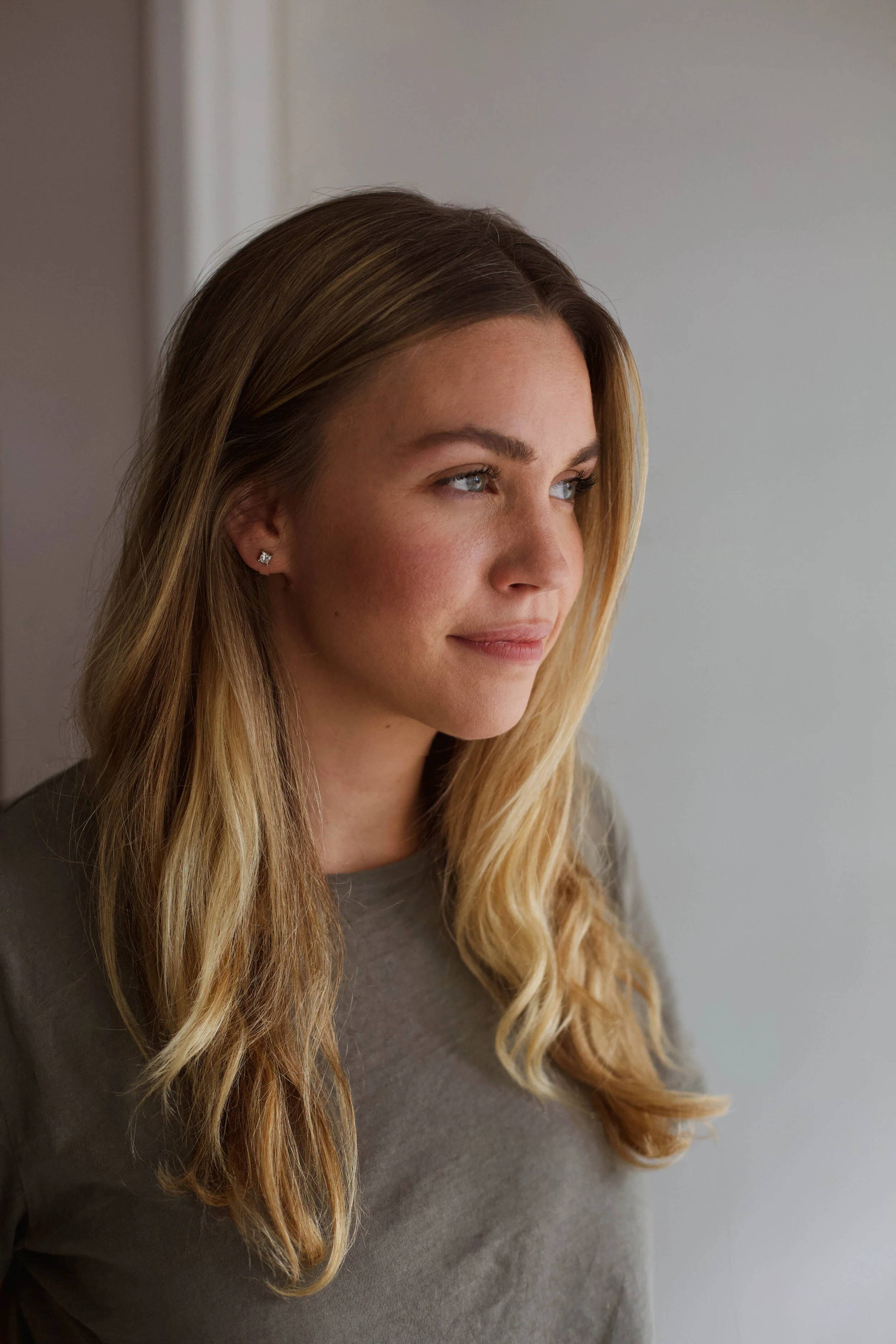
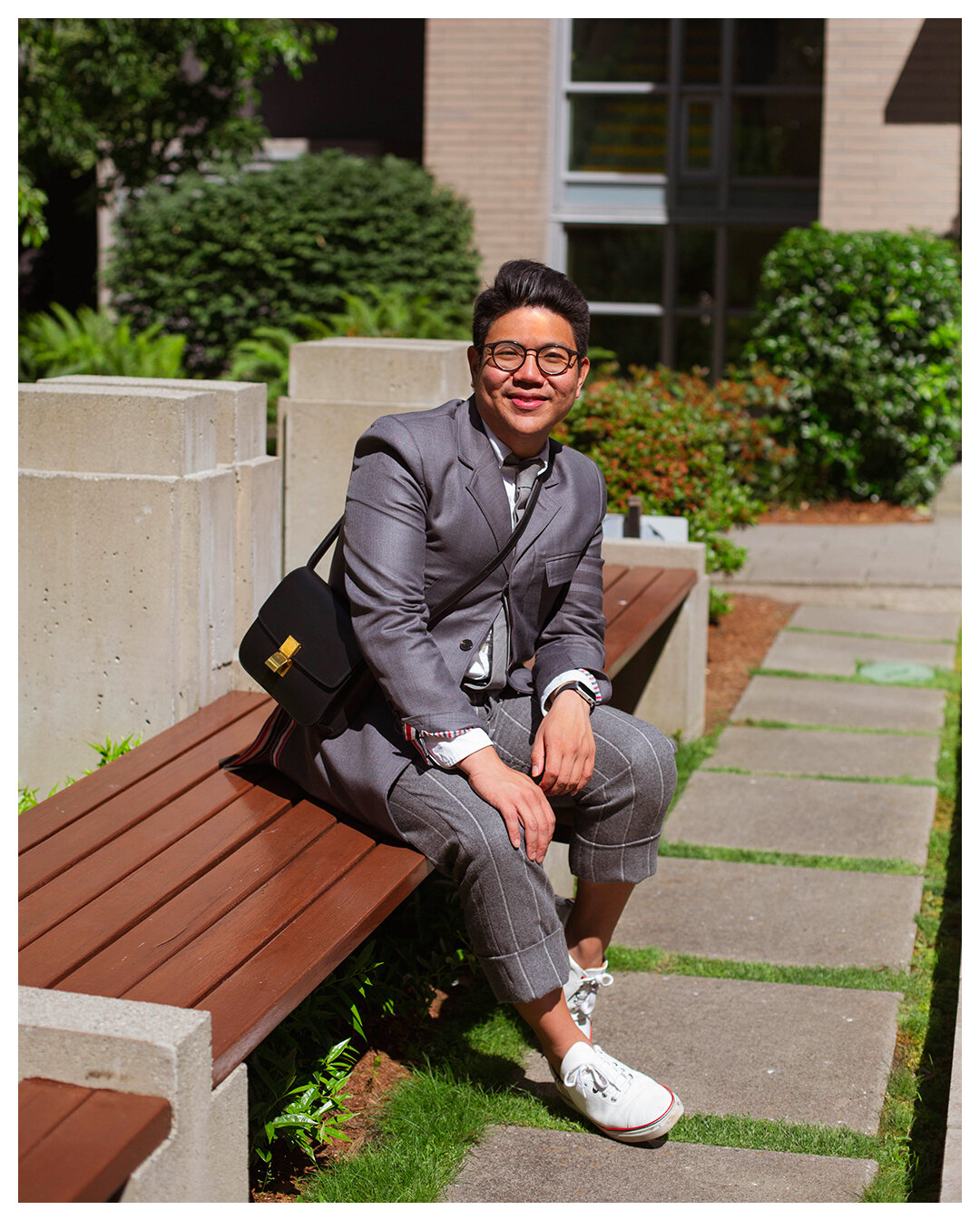











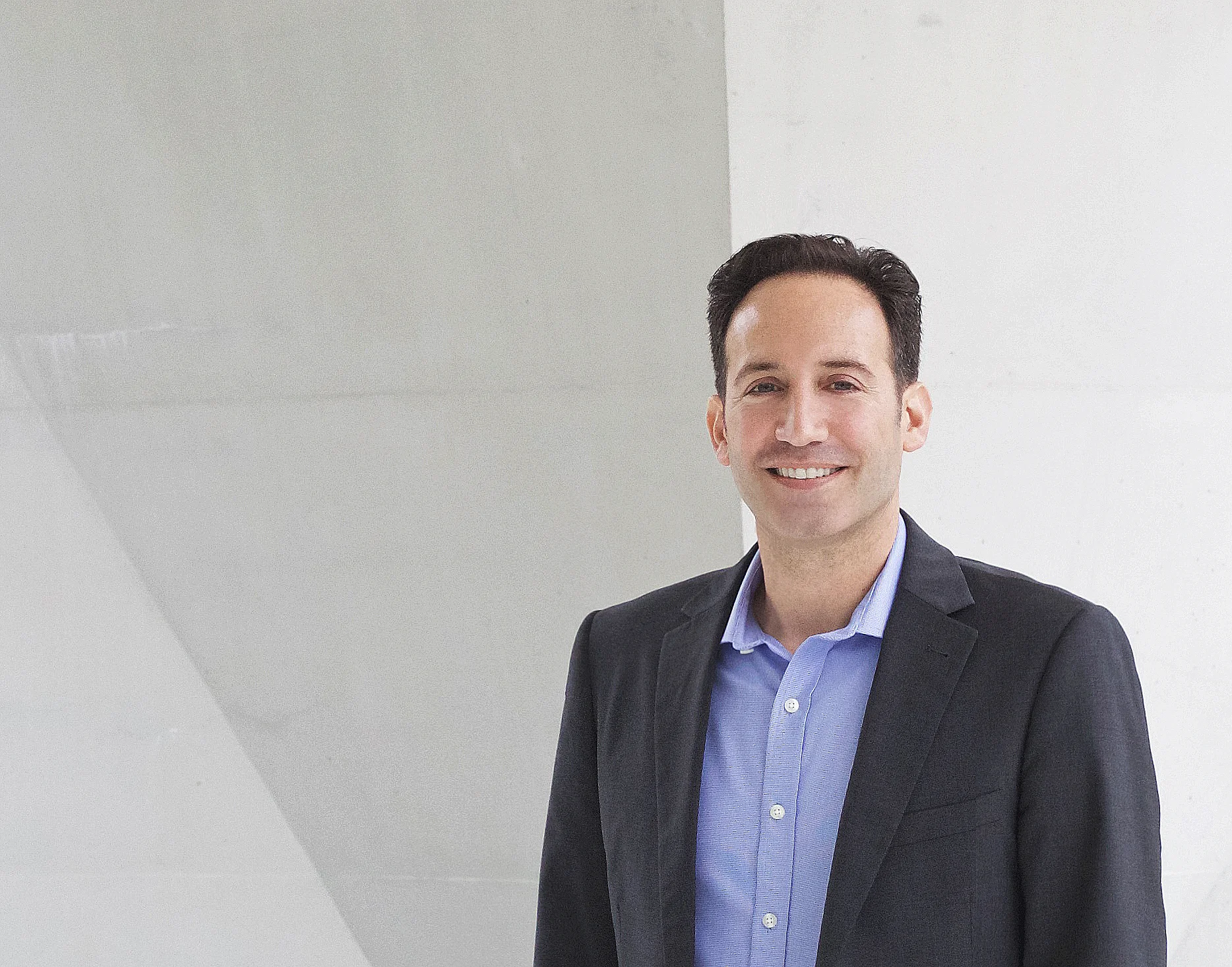






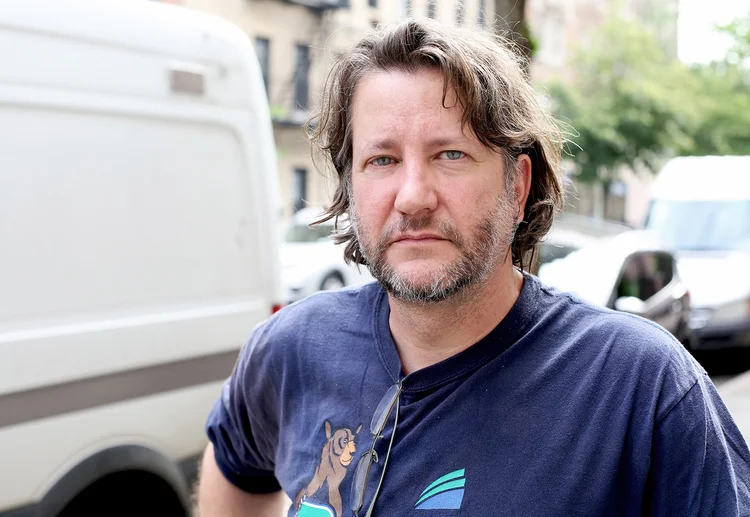

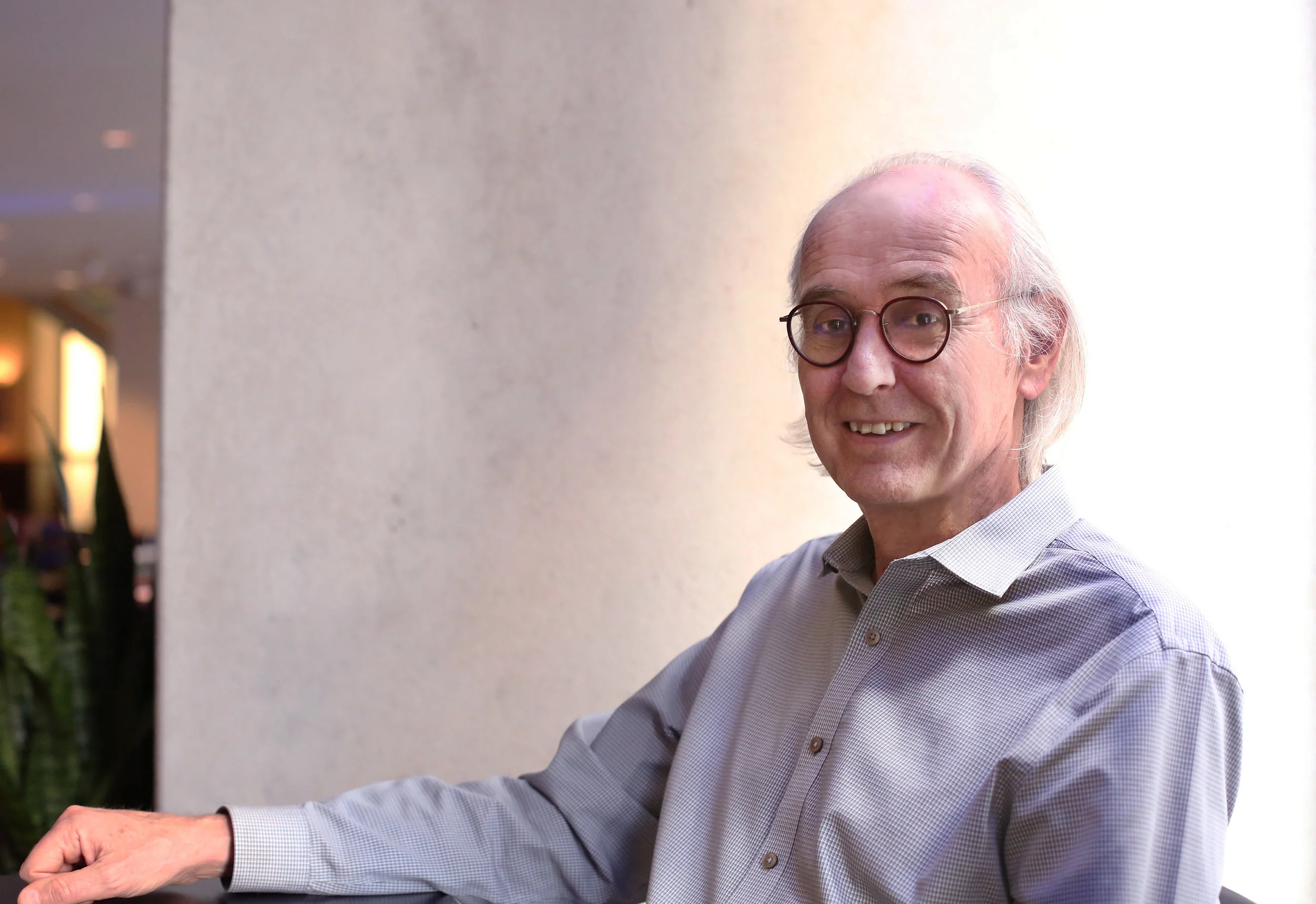
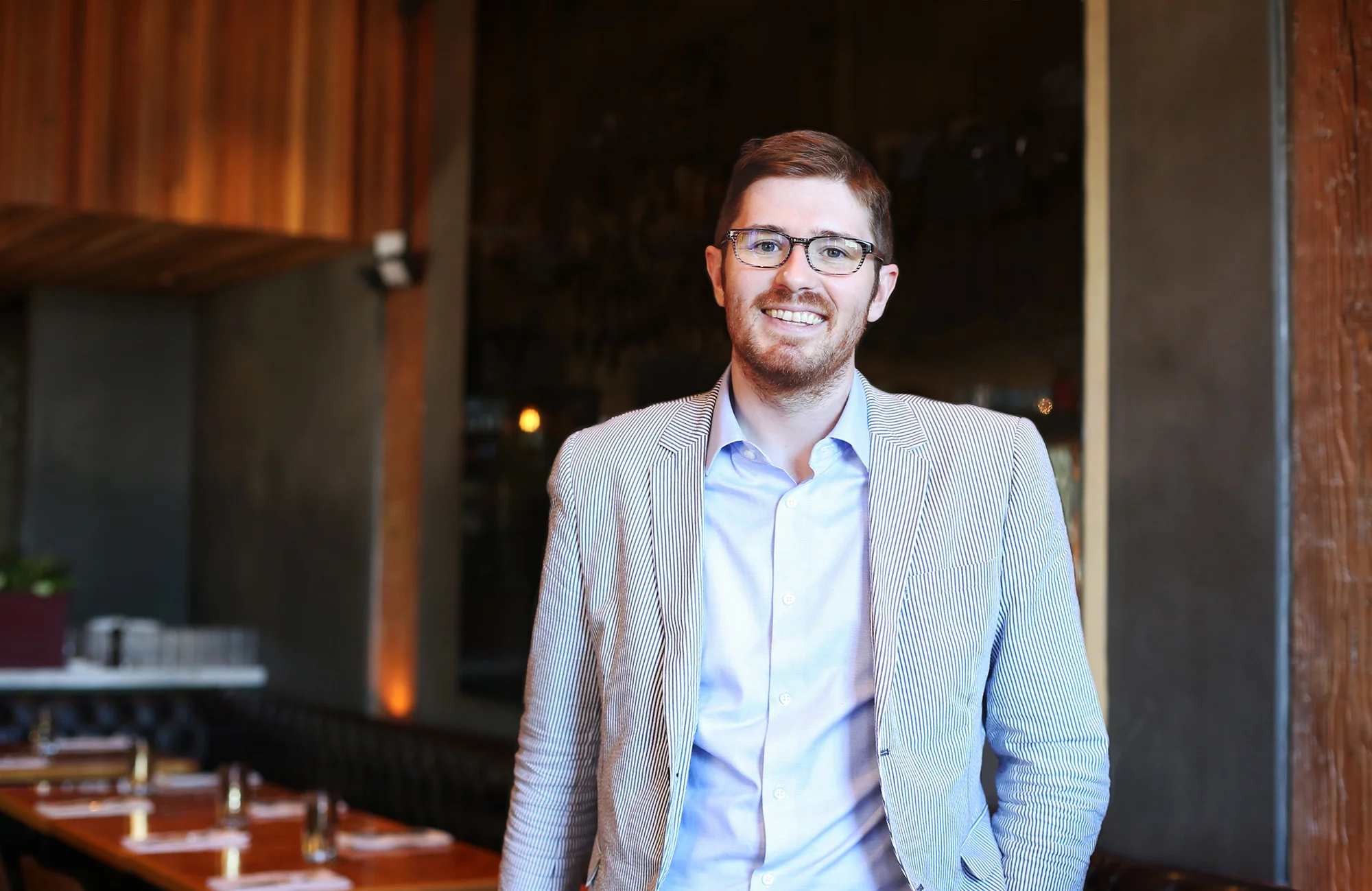















For our 6th episode we bring you author, scholar, and genocide historian Dr. Adam Jones. In the show, we discuss what has typically preceded genocide, war crimes, and crimes against humanity—and why we should all be paying attention to the stark political rhetoric online we see today.
We also discuss Dr. Jones' upcoming 4th edition of his bestselling book, Genocide, a Comprehensive Introduction, and why he's adding two new cases to the already heavy volume. We chat further about his critique of Noam Chomsky's take on genocide, why it's a civic duty to criticize our own government's foreign policy, and much more.